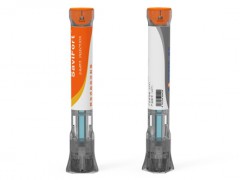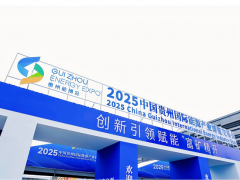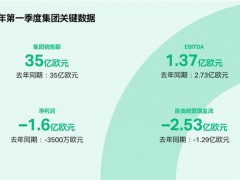據ICIS 8月6日消息,需求的普遍增長推動了第二季度化學品產量的增長,6月份全球化學品開工率也有所上升。
美國化學理事會的最新全球數據顯示,盡管存在明顯的地區差異,但6月份的增長勢頭有所增強,這增加了管理層對今年下半年或至少在第三季度繼續增長的普遍預期。
歐洲丙烯腈-丁二烯-苯乙烯(ABS)市場的供應短缺預計將持續到2021年下半年,因為持續的壓力可能會阻止艱難的市場形勢的任何緩解,包括供應鏈中的生產問題、進口量低以及強勁的需求。
看漲的美國乙二醇醚現貨價格開啟了對第三季度歐洲丙二醇甲基醚(PM)出口的套利。
中東石化需求在夏季呈上升趨勢,而市場參與者繼續解決高運費和嚴重的集裝箱短缺問題。
然而,隨著Delta毒株蔓延至亞洲的每一個角落,快速上升的病例可能會令各經濟體陷入困境。在某種程度上,高傳染性的Delta變種甚至可能顛覆石化和石油化工市場的需求。
港口擁堵可能會繼續影響亞洲對ABS的需求,因為供應鏈上的買家在貨物抵達延遲的情況下選擇推遲采購。
化學品市場可能受到供應鏈延伸庫存增加的人為提振,但下游需求疲弱可能導致2021年下半年快速去庫存化。
與此同時,即將在美國生效的制冷劑法規應鼓勵建筑改用氫氟烯烴(HFOs)和其他強敵較低的溫室氣體,正如汽車制造商大多已改用的那樣。
裘寅 編譯自 ICIS
原文如下:
Coronavirus, oil price direction – impact on chemicals
A widespread increase in demand drove chemicals production up in the second quarter, with the global chemical operating rate climbing higher in June.
The latest global data from the American Chemistry Council shows increased momentum in June, albeit with clear regional differences, adding weight to widespread management expectations of continued growth in the second half of the year, or in the third quarter, at least.
The supply shortage in the European acrylonitrile-butadiene-styrene (ABS) market is expected to continue across H2 2021, as ongoing pressures are likely to prevent any relief to the difficult market situation, including production issues in the supply chain, low imports, and strong demand.
Bullish US glycol ether spot prices have opened an arbitrage for European propylene glycol methyl ether (PM) exports in Q3.
Petrochemical demand in the Middle East is on an uptrend during summer while market players continue to tackle high freight costs and severe container shortages.
However, with the Delta strain in every nook and cranny of Asia, economies could be brought to their knees amid fast-rising cases. To some degree, the highly transmissible Delta variant could even upend demand in petrochemical and oleochemical markets.
Port congestion is likely to continue to affect Asian demand for ABS as buyers across the supply chain opt to postpone purchases amid delayed cargo arrivals.
Chemical markets may be artificially buoyed by inventory building along stretched supply chains, but poor downstream demand could lead to rapid destocking in the second half of 2021.
Meanwhile, refrigerant regulations that should soon go into effect in the US should encourage buildings to switch over to hydrofluoroolefins (HFOs) and other less powerful greenhouse gases, as automobile producers have mostly changed over.
免責聲明:本網轉載自其它媒體的文章,目的在于弘揚石化精神,傳遞更多石化信息,并不代表本網贊同其觀點和對其真實性負責,在此我們謹向原作者和原媒體致以敬意。如果您認為本站文章侵犯了您的版權,請與我們聯系,我們將第一時間刪除。







